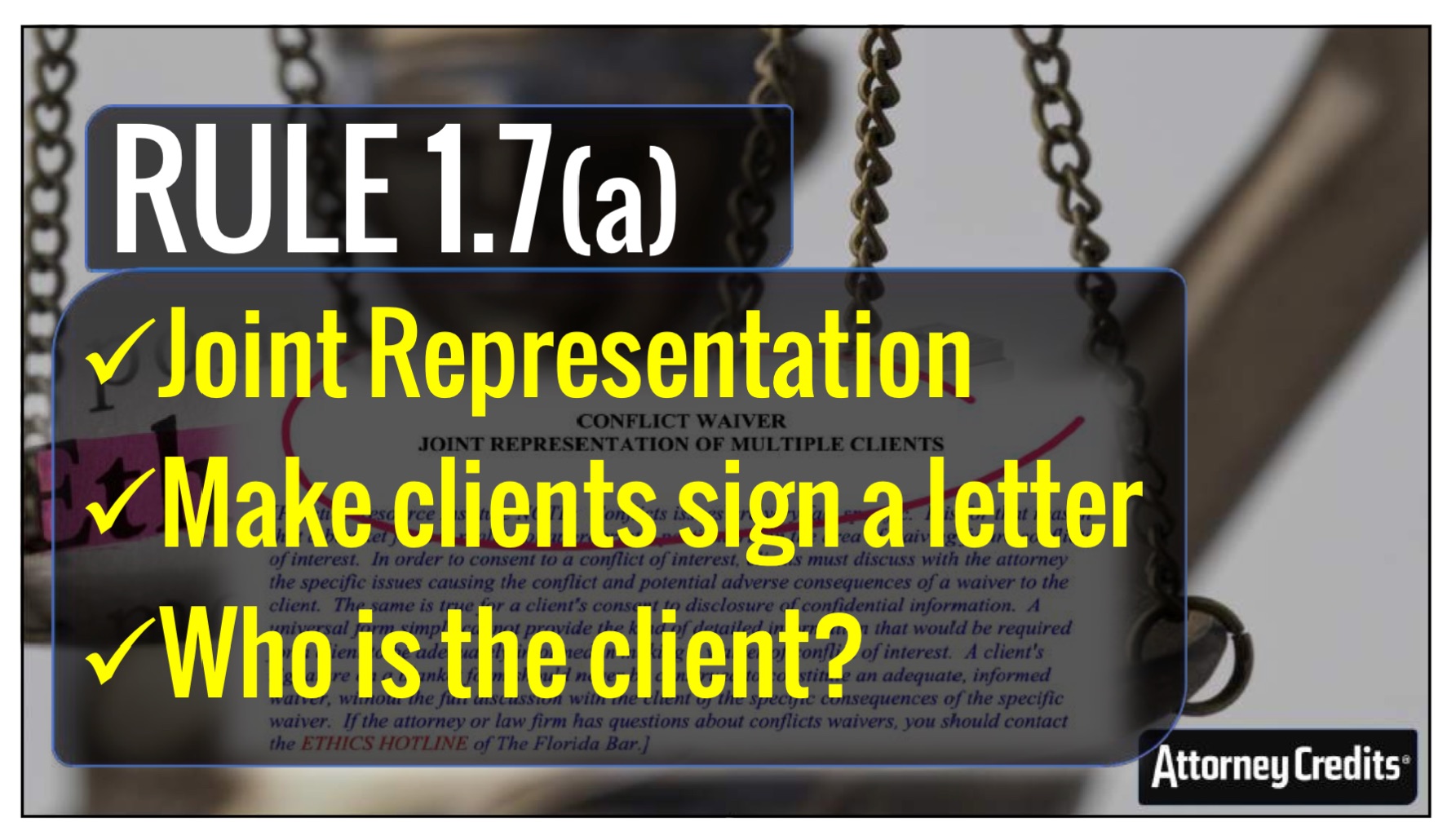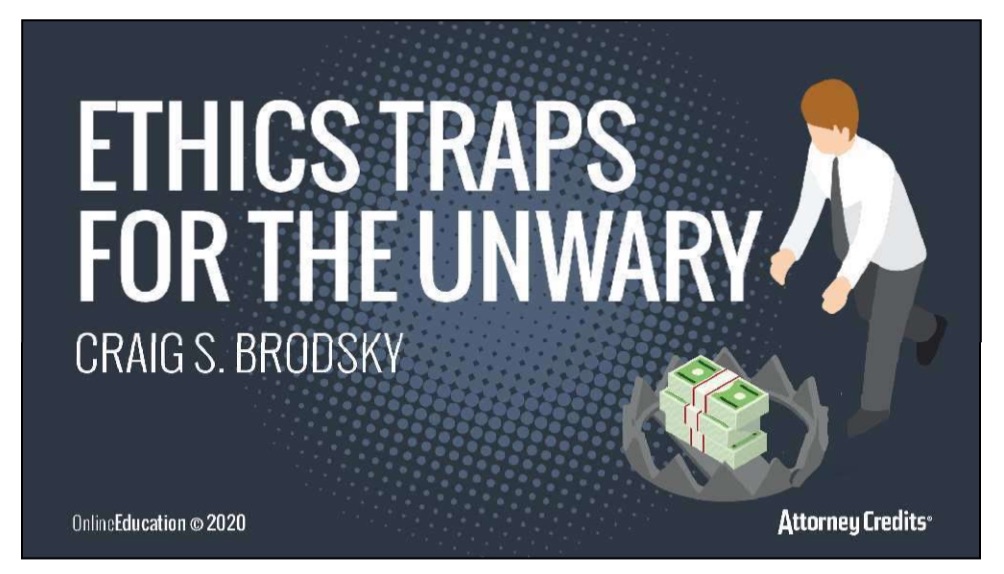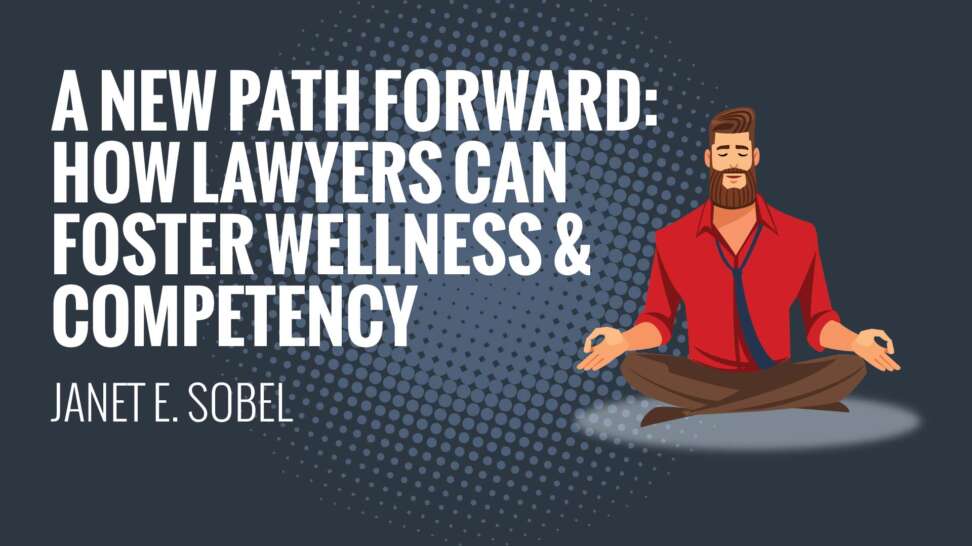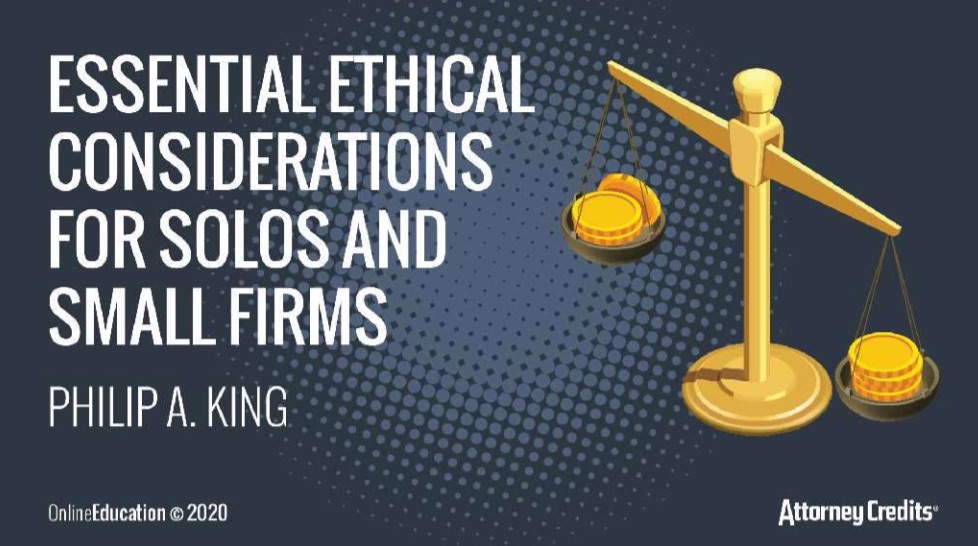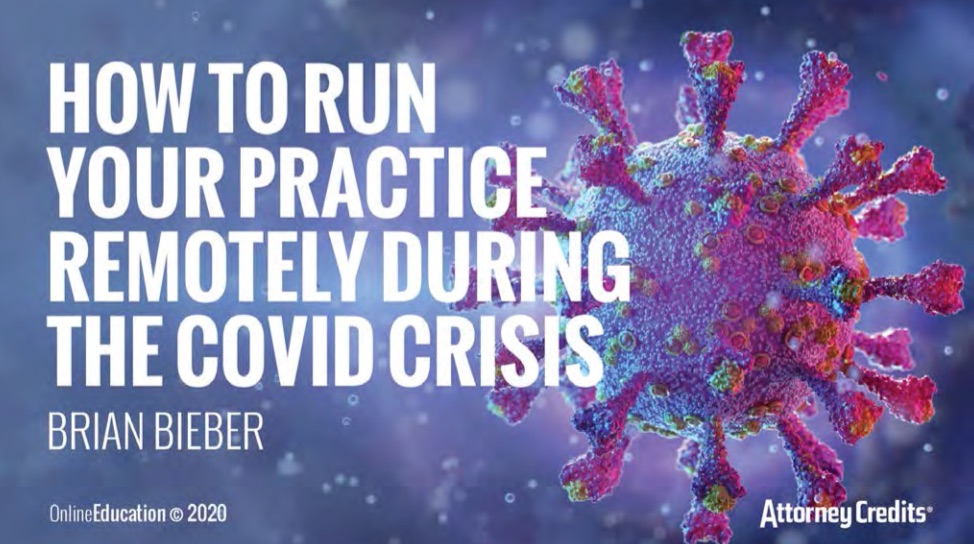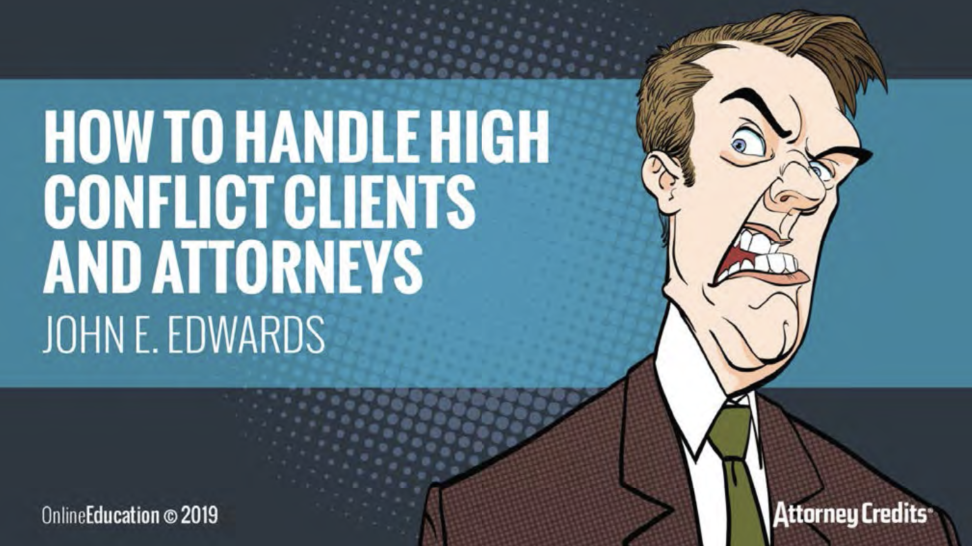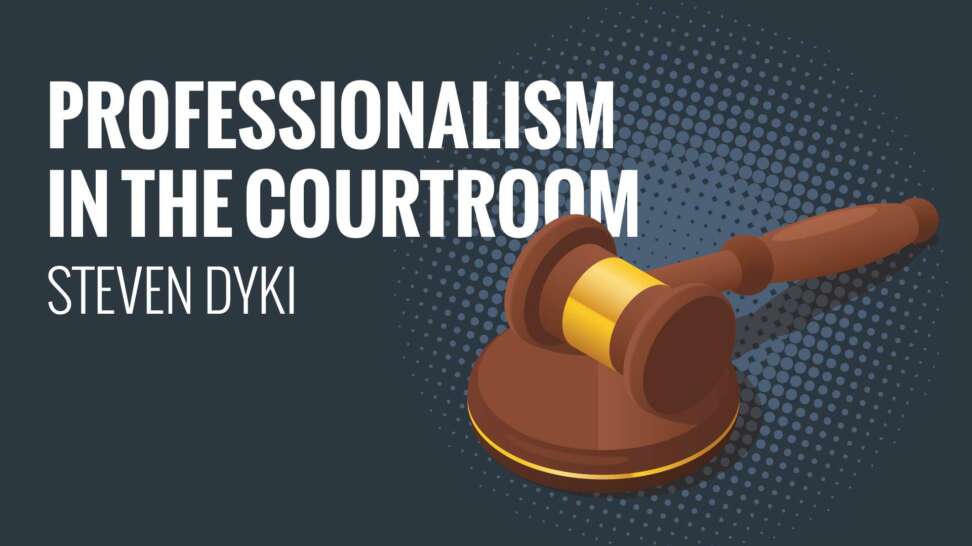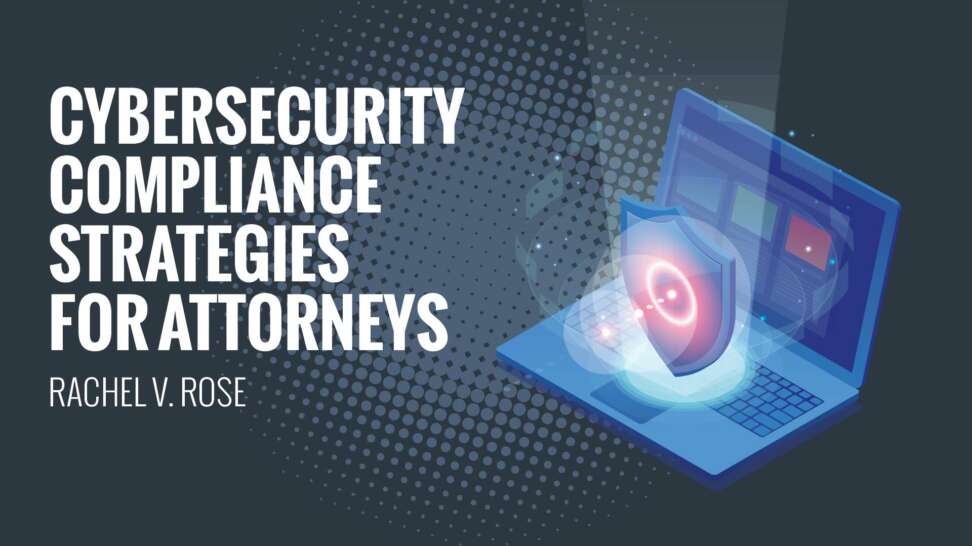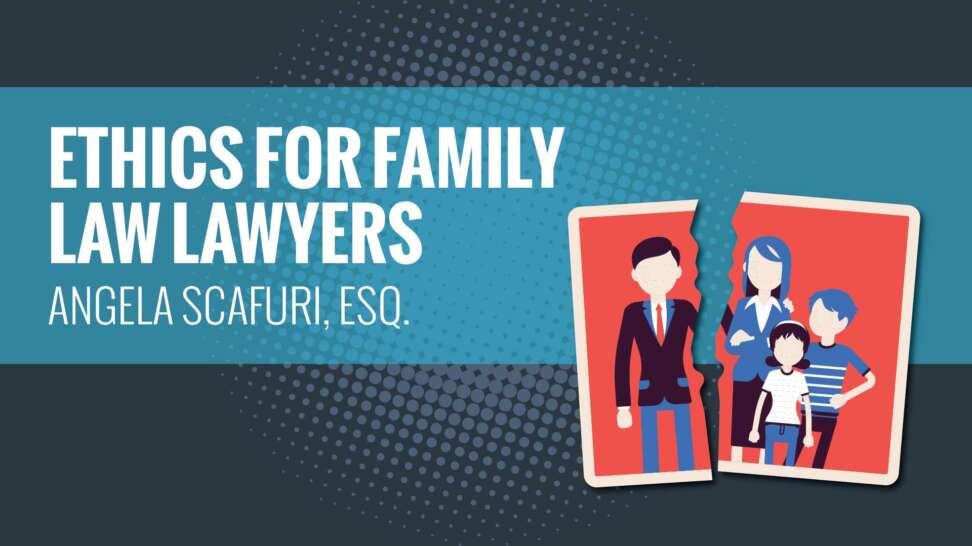From structuring million dollar deals to negotiating high level partnership agreements, transactional attorneys must deploy a broad quiver of skills when counseling businesses and the entrepreneurs and executives that start and run them. Ethics for Transactional Attorneys In this highly practical CLE, R. Shawn McBride provides numerous case examples and common sense measures that can be deployed to remain ethical when working…
